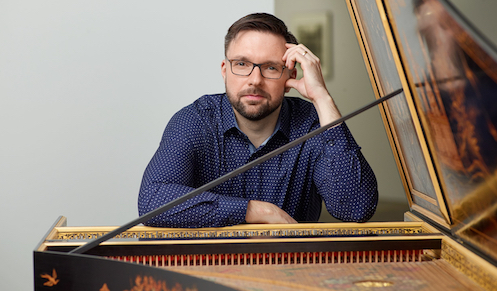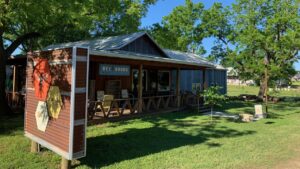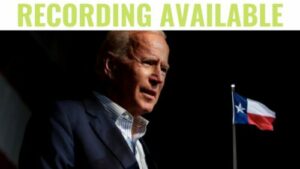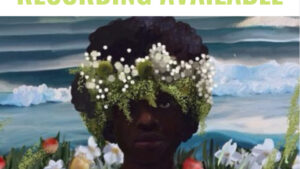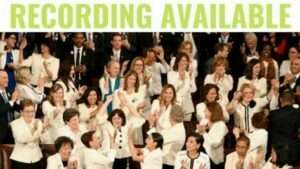When Opera Was “Verboten”: 17th-century Christmas Oratorios in Dresden and Vienna
MONDAY, NOVEMBER 13, 6:00–7:30 P.M.
PRIVATE RESIDENCE. DIRECTIONS WILL BE PROVIDED TO SUBSCRIBERS. LIMITED ENROLLMENT.
Musicologist, conductor, and harpsichordist Mario Aschauer will present a lecture and performance focusing on two works commissioned to skirt the prohibition against opera performances during Advent in seventeen-century Dresden and Vienna. The Seminar audience will hear selections from Heinrich Schütz’s joyful Weihnachtshistorie and Giovanni Battista Pederzuoli’s delightful Trialogo nel Natale del Signore. Aschauer will be joined by countertenor Michael Skarke. The Baroque works will be performed in their entirety in December by Harmonia Stellarum Houston, an ensemble of vocal and instrumental virtuoso, in the tradition of the ensembles that originally performed some of the greatest masterworks of the 17th and 18th centuries.
Aschauer is associate professor of music and director of the Center for Early Music Research and Performance at Sam Houston State University, teaches harpsichord at Rice University, and is the founder of Harmonia Stellarum Houston. Skarke is a rising talent in demand for performances across the U.S. and abroad.

